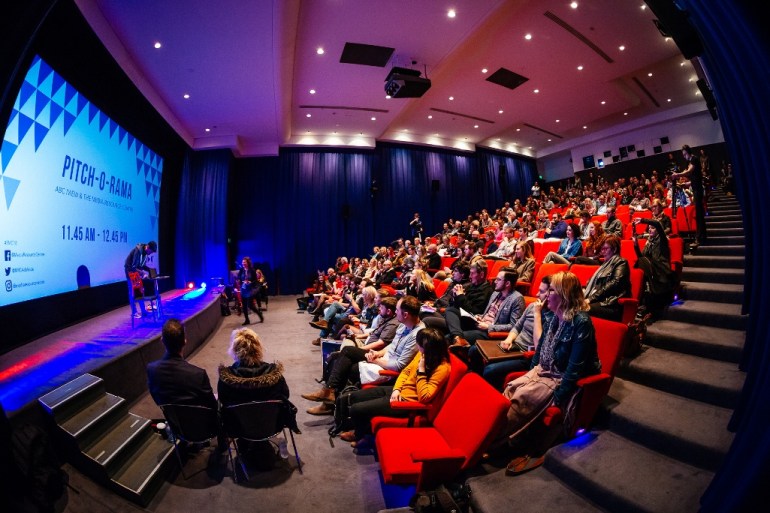South Australia’s Mercury CX reports it will close in the next three months unless it secures $700,000 worth of funding via government or philanthropic means.
The not-for-profit organisation, established in 1974 (formerly the Media Resource Centre) runs the national Screen Makers Conference, the South Australian Screen Awards as well as around 15 development programs for emerging talent. It held an extraordinary general meeting late last week to inform stakeholders, industry and the public of the position it finds itself in.
Mercury CX had made a submission to the state government in May for $700,000-$1.2 million in annual operational funding, which was rejected. The organisation had hoped this funding would enable it not only to deliver its industry programs but build a commercial side to become more self-sufficient.
Mercury CX CEO Karena Slaninka told IF the organisation’s current operational costs are around $1.2-1.4 million, with the current shortfall $700,000.
Through government, Mercury CX receives $240,000 via the South Australian Film Corporation (SAFC) ($170,000 to deliver industry programs and $70,000 to fund short film production), and $50,000 from the state government to run the Screen Makers Conference. Besides other one-off program grants, revenue comes via the Mercury Cinema, with Slaninka noting this was severely hampered through COVID as the cinema was closed/operating at restricted capacity.
The organisation has had no base operational funding from government sources since 2015, when Screen Australia ceased funding to screen resource organisations.
That funding from Screen Australia also supported Metro Screen in NSW, Open Channel in Victoria, QPix in Queensland and the Film and Television Institute (FTI) in Western Australia; all of which have since closed their doors. Slaninka, a former director of Screen Tasmania who has also worked as an executive at Screen NSW and the Film Finance Corporation, said the only reason why Mercury CX survived the cut was through its connection to Mercury Cinema.
Last September, the former state government in South Australia gave the Mercury CX $300,000 in emergency funding to support its operations. It also commissioned an external independent review into the organisation in terms of its role within the South Australian screen industry.
While it has not been publicly released, Slaninka said the report found Mercury CX’s business model was “unsustainable”, but recognised it had an important role in the state’s screen ecosystem.
“This is a pivotal moment in time,” she said.
“If we believe that [Mercury CX] has a role to play in the future of the screen industry, then this is the time to shift its model into something that’s more sustainable and to provide it with some ongoing operational support that will enable it to leverage that funding to grow.”
It is Slaninka’s ambition that if Mercury CX can be saved, it become a “national centre of excellence”, playing a pivotal role in the development of emerging and diverse filmmakers and stories that will resonate in the global marketplace.
Speaking to IF, a spokesperson for South Australian Arts Minister Andrea Michaels noted the funding that Mercury CX receives via the SAFC and towards the Screen Makers Conference.
“As an independent organisation, it is up to Mercury CX’s board to run its business in a sustainable way,” they said.
“Advice to the Minister is that support for emerging film makers can still be made within the current funding levels and if that’s not done by Mercury CX, the Minister is committed to ensuring support continues.“
The Mercury CX board has asked people to write to government to help them understand how important the organisation is.
Further, it is mounting a campaign for philanthropic funding, though Slaninka notes this would likely have to be ongoing support rather than one-off to help the organisation into the future. It is also seeking federal intervention.


